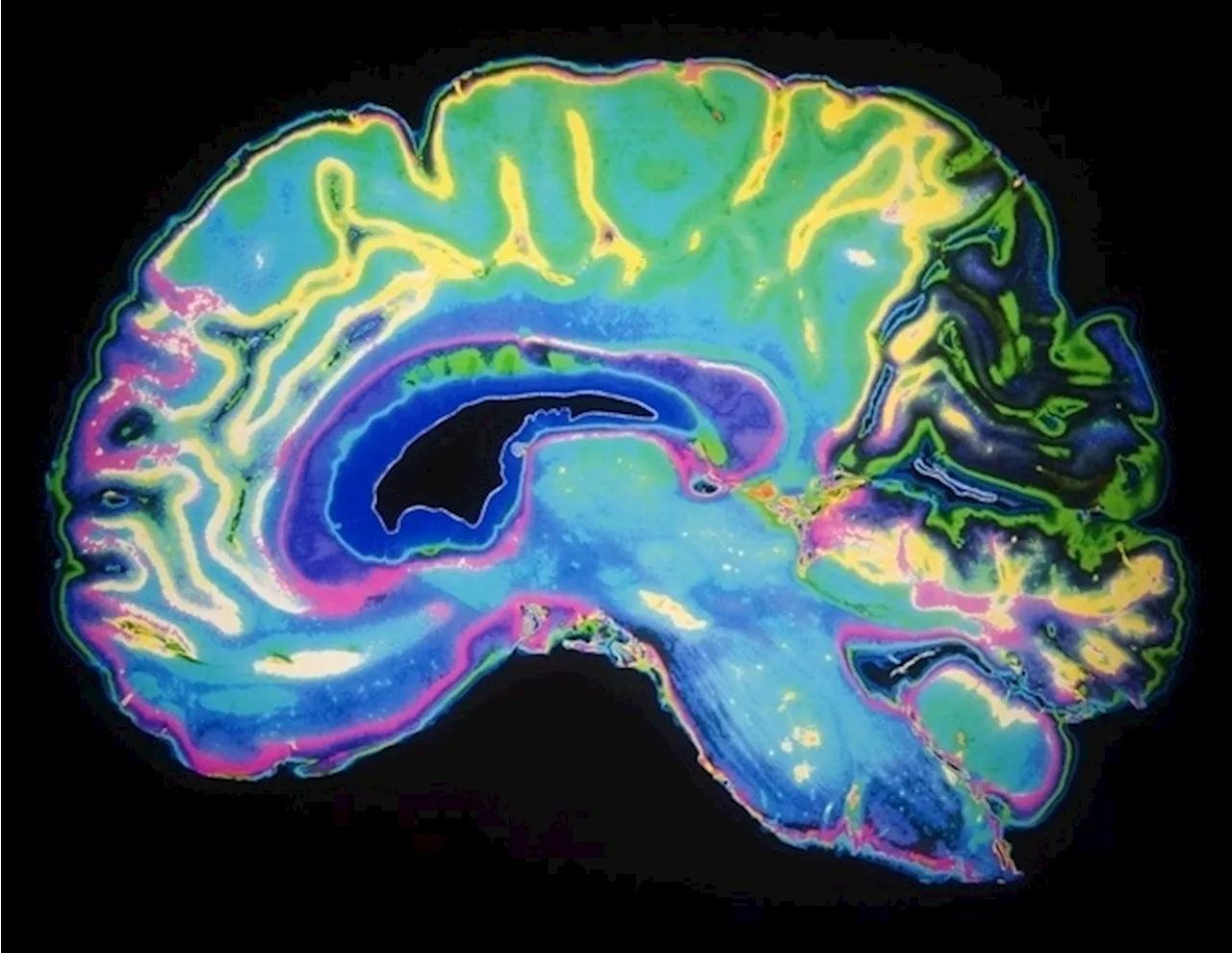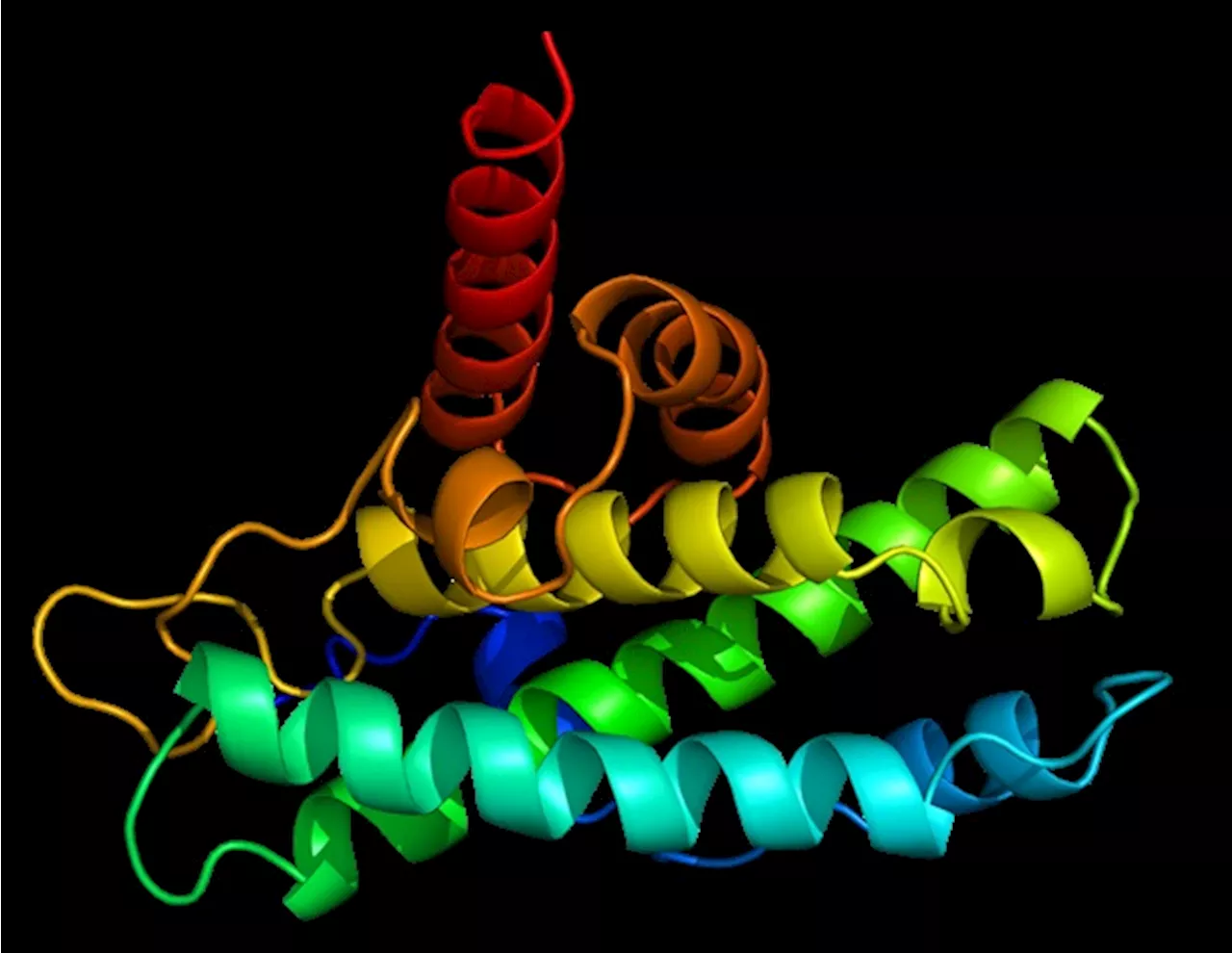Researchers have mapped the complex epigenetic and transcriptomic landscape of cancer, revealing key regulatory elements across 11 tumor types that could unlock new insights into cancer progression and metastasis.
By Pooja Toshniwal PahariaNov 5 2023Reviewed by Sophia Coveney In a recent study published in Nature, researchers created a pan-tumor transcriptomic and epigenetic atlas using single-nucleus chromatin accessibility information and matched ribonucleic acid -sequencing data.
About the study In the present study, researchers developed an integrated multi-omic map of 11 types of cancer based on data from more than 200 cases. Cleavage under targets and release was performed in the U251 GBM cell line utilizing a nuclease assay, profiling the direct binding of nuclear respiratory factor 1 to target gene promoters.
Results The study showed epigenetic factors linked to cancer transitions, some of which appeared in several malignancies while others were disease-specific. Cancer start was connected to epigenetically changed pathways such as TP53, hypoxia, and tumor necrosis factor signaling, whereas metastatic transition was linked to estrogen response, epithelial-mesenchymal transition, and apical junction.
In head and neck squamous cell cancer , EGFR had the largest number of enhancer-to-gene connections. There was a substantial association between enhancer accessibility and gene expression, indicating collaboration between epigenetic and genetic factors.
United Kingdom Latest News, United Kingdom Headlines
Similar News:You can also read news stories similar to this one that we have collected from other news sources.
 Researchers pioneer a novel treatment for the most common autoimmune encephalitisResearchers at DZNE and Charité - Universitätsmedizin Berlin have pioneered a novel treatment for the most common autoimmune encephalitis.
Researchers pioneer a novel treatment for the most common autoimmune encephalitisResearchers at DZNE and Charité - Universitätsmedizin Berlin have pioneered a novel treatment for the most common autoimmune encephalitis.
Read more »
 Teaching creativity benefits teachers and pupilsResearchers from Devon and Cornwall say teaching creativity in schools helps teachers and pupils.
Teaching creativity benefits teachers and pupilsResearchers from Devon and Cornwall say teaching creativity in schools helps teachers and pupils.
Read more »
 A comprehensive database developed to help understand the basis of protein aggregationResearchers at the IBB-UAB have developed the most comprehensive database available to date to help understand the basis of protein aggregation, a phenomenon associated with aging and several pathologies.
A comprehensive database developed to help understand the basis of protein aggregationResearchers at the IBB-UAB have developed the most comprehensive database available to date to help understand the basis of protein aggregation, a phenomenon associated with aging and several pathologies.
Read more »
 Study: Animal-to-human diseases could kill 12 times as much by 2050Certain diseases transmitted from animals to humans could kill 12 times as many people in 2050 than they did in 2020, researchers have claimed.
Study: Animal-to-human diseases could kill 12 times as much by 2050Certain diseases transmitted from animals to humans could kill 12 times as many people in 2050 than they did in 2020, researchers have claimed.
Read more »
 More than half of 'hyper-prolific' criminals are not sent to prison, report saysOffenders with more than 45 previous convictions are being spared jail time, a new report finds - with researchers warning of a 'public safety time bomb'.
More than half of 'hyper-prolific' criminals are not sent to prison, report saysOffenders with more than 45 previous convictions are being spared jail time, a new report finds - with researchers warning of a 'public safety time bomb'.
Read more »
